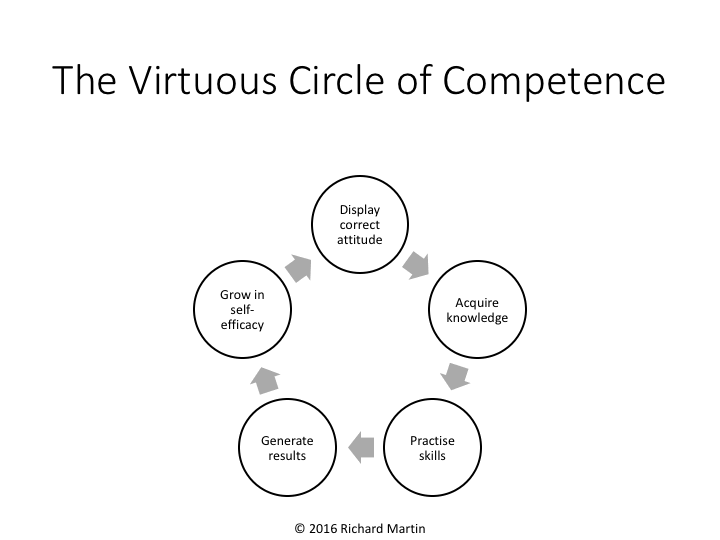 Farnam
Farnam<iframe name="pmad-inline-frame" width="300" height="250" align="top" id="pmad-inline-frame" src="javascript:(function() {document.open();document.write("<ins class='adsbygoogle 'style='display:inline-block;width:300px; height:250px;' data-ad-client='ca-pub-8415620659137418' data-ad-slot='7334955080' data-max-num-ads=2 data-ad-channel='3498796283,1000000375' data-adtest='off' data-hints='berkshire hathaway stock warren buffett business managers' data-page-url='http://www.businessinsider.com/the-circle-of-competence-theory-2013-12' data-safe='high' data-override-format='true'></ins><style type='text/css'> body { display:inline-block; width:300px; height:250px;} <script type='text/javascript' src='//pagead2.googlesyndication.com/pagead/js/adsbygoogle.js' async><script>(adsbygoogle = window.adsbygoogle || []).push({});");document.close();})();" frameborder="0" marginwidth="0" marginheight="0" scrolling="no">
“I’m no genius. I’m smart in spots—but I stay around those spots.”
— Tom Watson Sr., Founder of IBM
The concept of the “Circle of Competence” has been used over the years by Warren Buffett as a way to focus investors on only operating in areas they knew best. The bones of the concept appear in his 1996 Shareholder Letter:
What an investor needs is the ability to correctly evaluate selected businesses. Note that word “selected”: You don’t have to be an expert on every company, or even many. You only have to be able to evaluate companies within your circle of competence. The size of that circle is not very important; knowing its boundaries, however, is vital.
It’s a simple concept: Each of us, through experience or study, has built up useful knowledge on certain areas of the world. Some areas are understood by most of us, while some areas require a lot more specialty to evaluate.
For example, most of us have a basic understanding of the economics of a restaurant: You rent or buy space, spend money to outfit the place and then hire employees to seat, serve, cook, and clean. (And, if you don’t want to do it yourself, manage.)
From there it’s a matter of generating enough traffic and setting the appropriate prices to generate a profit on the food and drinks you serve—after all of your operating expenses have been paid. Though the cuisine, atmosphere, and price points will vary by restaurant, they all have to follow the same economic formula.
That basic knowledge, along with some understanding of accounting and a little bit of study, would enable one to evaluate and invest in any number of restaurants and restaurant chains; public or private. It’s not all that complicated.
However, can most of us say we understand the workings of a micro-chip company or a biotech drug company at the same level? Perhaps not.
But as Buffett put so eloquently, we do not necessarily need to understand these more esoteric areas to invest capital. Far more important is to honestly define what we do know and to stick to those areas. The circle can be widened, but only slowly and over time. Mistakes are most often made when straying from this discipline.
* * *
The concept applies outside of investing.
Buffett describes the circle of competence of one of his business managers, a Russian immigrant with poor English who built the largest furniture store in Nebraska, thusly:
I couldn’t have given her $200 million worth of Berkshire Hathaway stock when I bought the business because she doesn’t understand stock. She understands cash. She understands furniture. She understands real estate. She doesn’t understand stocks, so she doesn’t have anything to do with them. If you deal with Mrs. B in what I would call her circle of competence… She is going to buy 5,000 end tables this afternoon (if the price is right). She is going to buy 20 different carpets in odd lots, and everything else like that [snaps fingers] because she understands carpet. She wouldn’t buy 100 shares of General Motors if it was at 50 cents a share.
It did not hurt Mrs. B to have such a narrow area of competence. In fact, one could argue the opposite: Her rigid devotion to that area allowed her to focus. Only with that focus could she have overcome her handicaps to achieve such extreme success.
In fact, Charlie Munger takes this concept outside of business altogether and into the realm of life in general. The essential question he sought to answer: Where should we devote our limited time in life, in order to achieve the most success? Charlie’s simple prescription:
You have to figure out what your own aptitudes are. If you play games where other people have the aptitudes and you don’t, you’re going to lose. And that’s as close to certain as any prediction that you can make. You have to figure out where you’ve got an edge. And you’ve got to play within your own circle of competence.
If you want to be the best tennis player in the world, you may start out trying and soon find out that it’s hopeless—that other people blow right by you. However, if you want to become the best plumbing contractor in Bemidji, that is probably doable by two-thirds of you. It takes a will. It takes the intelligence. But after a while, you’d gradually know all about the plumbing business in Bemidji and master the art. That is an attainable objective, given enough discipline. And people who could never win a chess tournament or stand in center court in a respectable tennis tournament can rise quite high in life by slowly developing a circle of competence—which results partly from what they were born with and partly from what they slowly develop through work.
So, the simple takeaway here is clear. If you want to improve your odds of success in life and business then define the perimeter of your circle of competence, and operate inside. Over time, work to expand that circle but never fool yourself about where it stands today, and never be afraid to say “I don’t know.”
Circle of Competence is part of the Farnam Street latticework of mental models.
 Farnam
Farnam








